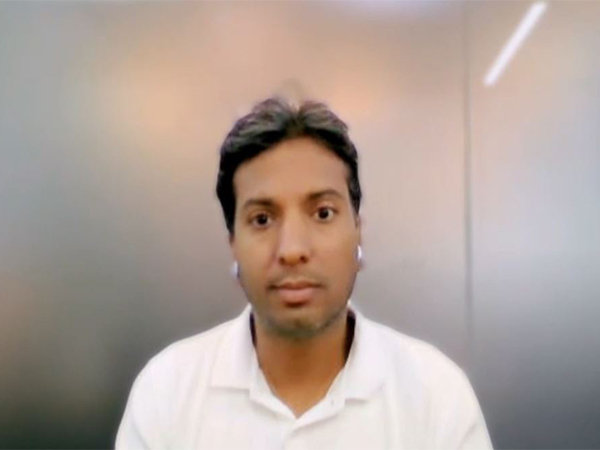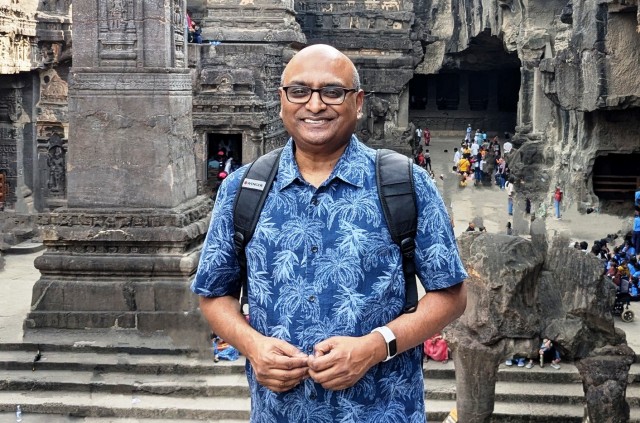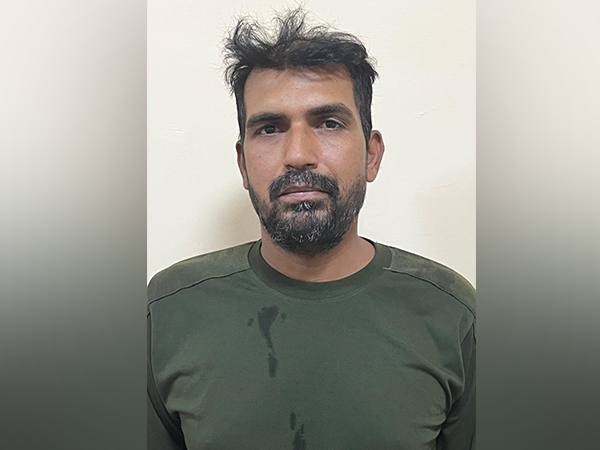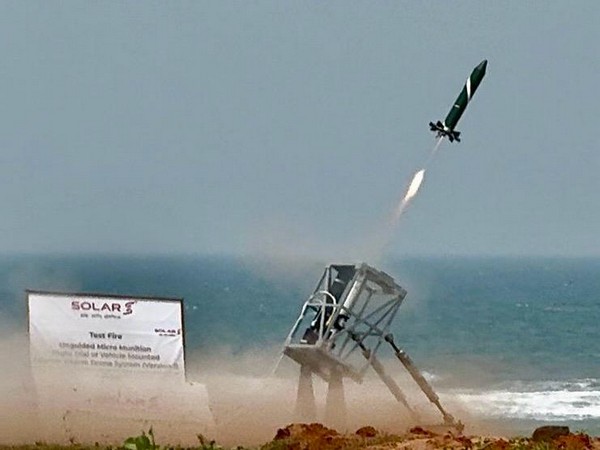Indians are boycotting Turkey and Azerbaijan due to their support for Pakistan after Operation Sindoor, a military operation launched by India in response to the Pahalgam terror attack.
Over 15,000 bookings from Uttar Pradesh to Turkey and Azerbaijan have been cancelled, with travel agencies and airlines offering full refunds.
Dr Ajay Singh, National Convenor of the Tourist Guide Federation of India and Chairperson of the Varanasi Tourism Organisation, expressed that during Operation Sindoor, India saw unprecedented national unity, with people from all backgrounds standing together in patriotism.
However, Turkey and Azerbaijan’s support for Pakistan during this critical time has angered the Indian public, prompting travellers to cancel their tours to these nations.
Ajay Singh explained that the cancellations primarily affect outbound tourism to Turkey and Azerbaijan, with two-thirds of bookings now cancelled.
The boycott is driven by national sentiment, with many Indians expressing outrage over Turkey and Azerbaijan’s stance on the India-Pakistan conflict.
Around 15,000 cancellations have been reported in the Purvanchal region, which includes cities like Varanasi, Azamgarh, Mau, and others. Leading travel agencies and airlines are supporting the boycott by offering full refunds for cancelled trips.
Indian Airlines has confirmed it will provide 100 per cent refunds for those cancelling their trips to these countries, demonstrating strong support for the national sentiment.
Singh also highlighted that while Turkey sends a significant number of tourists to India, with around 7,500 visitors to Banaras in 2024, the decline in bookings from Turkey post-Operation Sindoor has been noticeable, though it is expected to be more prominent in the upcoming tourist season from October to March.
Turkey and Azerbaijan feel the impact of the cancellations more keenly, as tourism contributes significantly to their economies, accounting for about 10 per cent of their GDP. India’s decision to boycott their destinations is now testing both countries’ reliance on tourism.
MakeMyTrip reports a 60% drop in bookings for Turkey and Azerbaijan, with cancellations surging by 250%.
In Varanasi, Sandeep Patiyal, Vice President of a major private hotel, stated that despite the decrease in bookings from Turkey and Azerbaijan, the city’s tourism is unlikely to suffer, as it continues to attract European and international tourists, particularly those drawn to its Buddhist heritage.
He added that his hotel is no longer accepting bookings from guests travelling from these two countries, joining the boycott in solidarity with the national cause.
Wajid Khan, a Varanasi resident who had planned a trip to Baku, Azerbaijan, but cancelled his plans, shared his personal reasons for doing so.
“My country comes first,” he said, explaining that after learning about the support Turkey and Azerbaijan had given to Pakistan, he could not continue with his trip.
Khan expressed that while Baku was a dream destination, his loyalty to India outweighed his travel aspirations, and he encouraged others to support India’s inbound tourism instead.
As tensions between India and Pakistan continue, the use of drones–reportedly of Turkish origin–by Pakistan to attempt infiltration at various locations further fueled India’s anger.
On May 8 night, Pakistan attempted drone intrusions from Leh to Sir Creek at 36 locations with approximately 300 to 400 drones. Indian Armed Forces brought down a number of these drones using kinetic and non-kinetic means. The possible purpose of these large-scale aerial intrusions was to test the AD systems and gather intelligence.
While forensic examination of the drone debris is being undertaken, preliminary reports suggest it to be of ‘Asisguard Songar’ of Turkey.
The situation has already shown how deeply intertwined national sentiment is with tourism. India’s call for a boycott reverberated across the sector and prompted significant cancellations in the wake of Operation Sindoor.
The Indian Armed Forces under Operation Sindoor launched strikes at nine terror hideouts in deep areas of Pakistan and Pakistan Occupied Jammu and Kashmir (PoJK) in the morning hours of May 7 in response to the Pahalgam terror attack.
In his address to the nation on May 12, PM Modi said that after the surgical strike in 2016 and the air strike in 2019, now Operation Sindoor is India’s policy against terrorism.
EaseMyTrip and MakeMyTrip have urged Indians to boycott travel to Turkey and Azerbaijan.
Earlier, with Turkey and Azerbaijan expressing open support to Pakistan despite the Pahalgam terror attack and Islamabad’s acts of aggression against India, EaseMyTrip Founder and Chairman Nishant Pitti has urged people not to use travel “to empower those who don’t stand with us”, noting that “travel is a powerful tool.”
Nishant Pitti, backing his appeal with data, asked if “we should fuel the tourism and economy” of countries that openly support Pakistan.
In a post on X, Nishant Pitti said that last year 2,87,000 Indians visited Turkey and 2,43,000 visited Azerbaijan and noted that tourism drives the economy of the two countries.
He said every rupee spent abroad is a vote and Indians should spend it where “our values are respected.”
“When these nations openly support Pakistan, should we fuel their tourism and their economies? Every rupee we spend abroad is a vote. Let’s spend it where our values are respected. Jai Hind,” he added.
Turkey and Azerbaijan have rallied behind Pakistan despite its support for cross-border terrorism against India and its aggression after the Indian Armed Forces struck nine terror infrastructure sites in Pakistan and Pakistan-Occupied Jammu and Kashmir in response to the Pahalgam terror attack.
Azerbaijan, in its statement on India-Pakistan tensions, has echoed the Pakistani line.
Turkey expressed its solidarity with Pakistan and supported Islamabad’s proposal for an international investigation into the Pahalgam terror attack.
Turkey has also supplied military weapons to Pakistan. (ANI)








